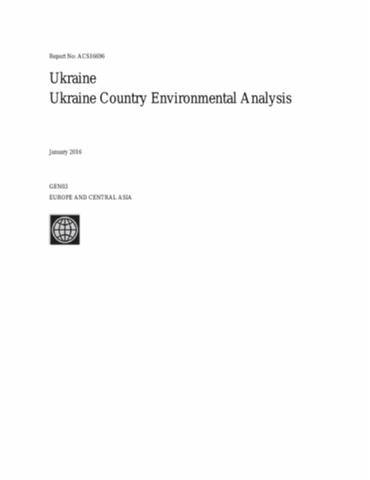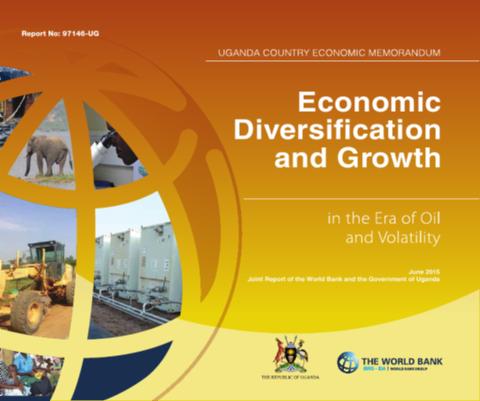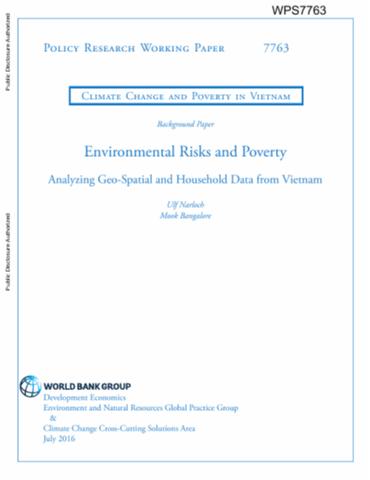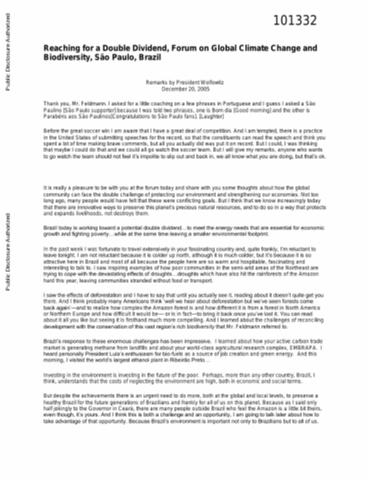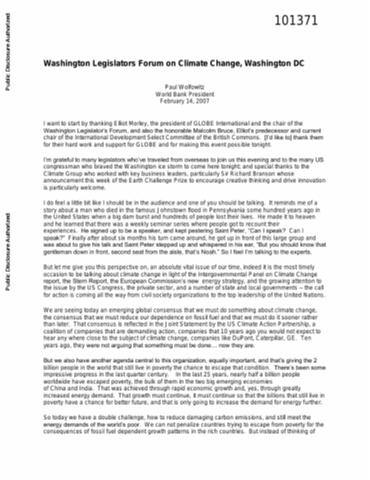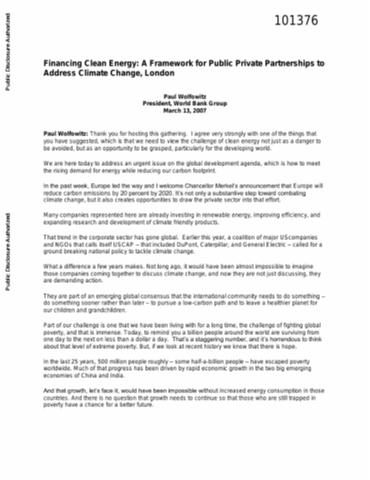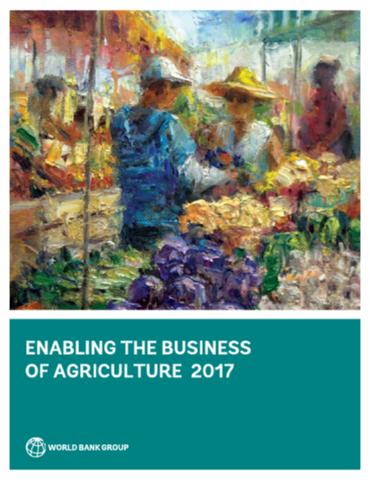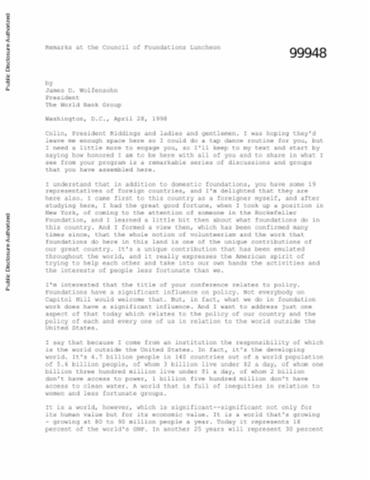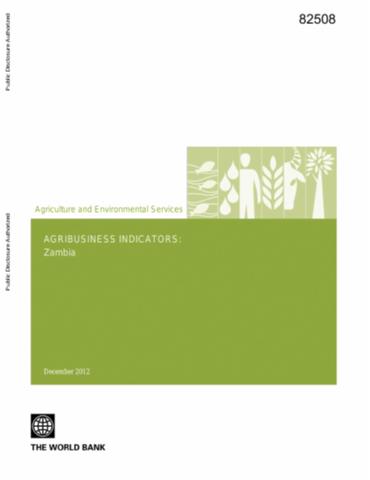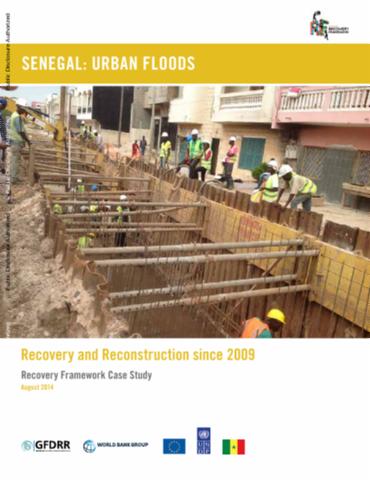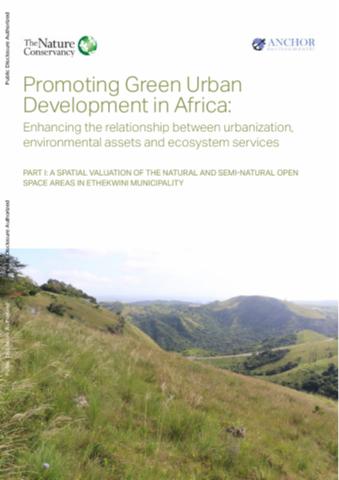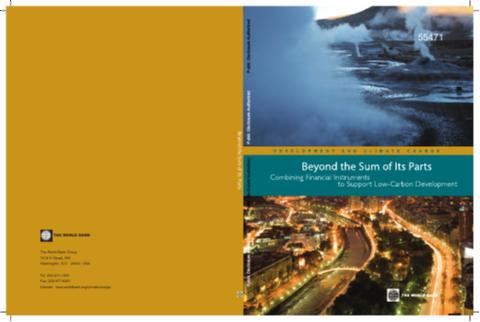Ukraine Country Environmental Analysis
The objective of the Country Environmental Analysis (CEA) is to assess the adequacy and performance of the policy, legal, and institutional framework for environmental management in Ukraine, in light of the decentralization process of environmental governance and wider reform objectives, and to provide recommendations to government to address the key gaps identified. Ukraine is the second largest country in Europe and has a population of 43 million, the majority of whom live in urban areas.

